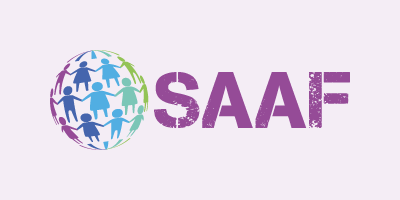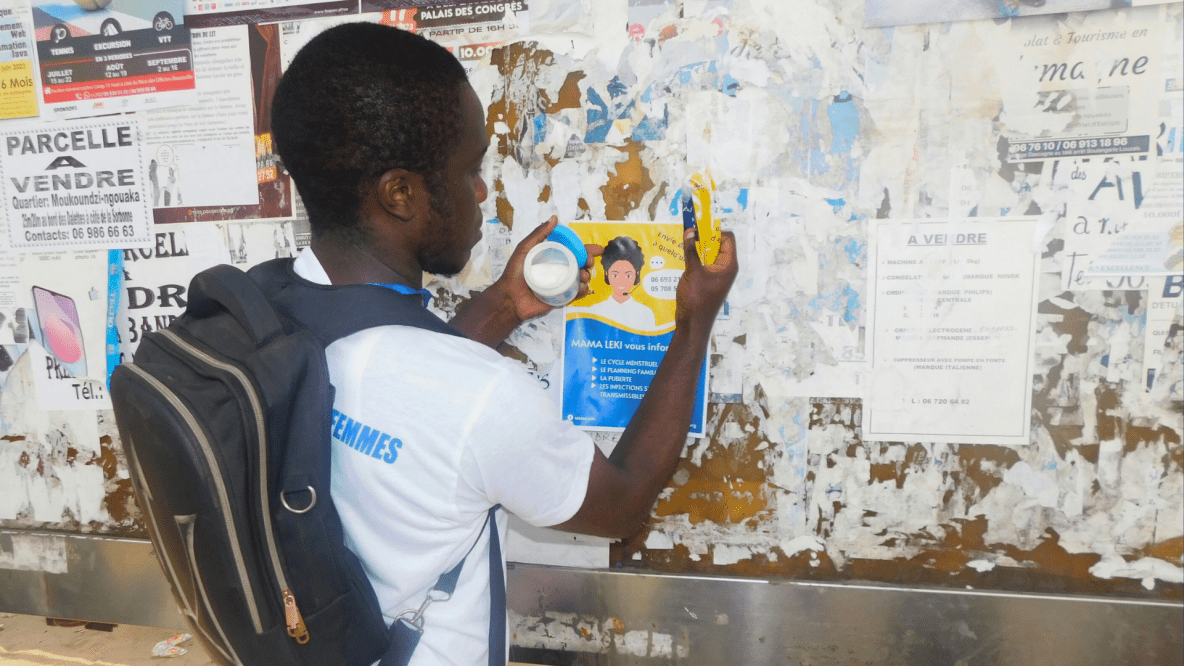The global health sector is experiencing a funding crisis.
In just the past year ‘development assistance for health’ has decreased by 21%. The majority of donors to international humanitarian aid reduced their funding in 2024.
And abortion has always been a political ‘hot potato’ when it comes to aid.
The thing is, around the world, every day, people need access to safe abortion care. This remains true regardless of whether the US has a Republican or Democrat as President, and wherever major philanthropists currently sit on the ‘abortion debate’.
Our grantee partners work in low- and middle-income countries which are particularly affected by cuts to global aid. They are doubly impacted as organisations which work on ‘sensitive’ issues such as abortion, and also LGBT+ rights and other social justice causes.
To find out more about the impact of the current geopolitical and financial shift on abortion advocates we surveyed our grantees around the world.
The vast majority of SAAF grantee partners are negatively impacted by recent funding cuts.
90% of respondents informed us that they have been negatively affected by changes to the international funding environment in the past couple of years. And for close to one third (28%) the impact is ‘severe’.
In practice, this means that many organisations are experiencing serious budget cuts and are having to let go of staff, losing office space, and struggling to keep providing healthcare services in their communities.
“Two of our projects were abruptly cut off from USAID funding, leaving both our partners and vulnerable beneficiaries negatively affected. The abrupt cut-off left our target groups without essential support, creating financial instability. We also lost valued team members, which not only reduced our staff strength but also affected the morale of those who remained.”
Abortion rights advocates are also experiencing an increase in hostility and attacks.
Working on abortion has never been easy. It is the area of healthcare which comes with the most restrictions and legal risks for those brave enough to deliver it. However, half of our grantee partners surveyed told us that in the past couple of years safety or security incidents have increased even further.
Online and in-person harassment and threats were most commonly reported, but many organisations are also seeing an increase in government restrictions and community backlash.
“High-level government officials are carrying out a systematic process of aggression and stigmatisation of the feminist movement, linking the green scarf with aggressive people who endanger society in general, singling out artists and persecuting leaders of the feminist movement.”
“Our social media accounts have been hacked. Fake accounts have proliferated selling abortion products online and spread false information about abortion.”
SAAF partners are finding ways to resist and survive in this difficult climate.
Despite the difficulties they are facing, we never fail to be amazed by the bravery and indefatigable spirit of abortion rights activists. SAAF grantee partners shared a range of approaches they are using to fight back against a shrinking pot of funding, authoritarian governments, and anti-abortion attacks.
Many have employed increased physical and digital security to protect their staff and sensitive information at risk of hacking and surveillance. Others shared how important it has been to build resilient networks of supporters and informed advocates:
“SAAF funds have made it possible to sustain support networks in vulnerable territories – this has ensured that access to sexual and reproductive health is an effective right, even when the state withdraws or is hostile. The lasting impact is the existence of a network of trained and supported activists and leaders throughout the country.”
We also know how important it is to offer non-financial support to grantees in the form of training, capacity-building and organisational strengthening which helps organisations to be sustainable:
“Thanks to SAAF’s support, we have been able to strengthen our administrative processes, which has led us to position ourselves as a more reliable and solid organisation, opening the doors to other sources of funding. This is especially true in the area of audit support, which has provided us with certainty and transparency in the eyes of new donors.”
What do abortion rights activists need from donors and partners in this moment?
Grantee partners have told us for many years that they need reliable and flexible sources of funding. They need support to make connections – not just with other like-minded organisations, but with potential donors. They are seeking national, regional, and international solidarity to raise awareness on the need for safe abortion funding, and to gain support when under attack.
“Key support would include flexible, long-term funding to strengthen institutional sustainability, as well as resources for the protection and well-being of the team in the face of risks posed by attacks from anti-rights groups…the political and strategic support of SAAF and other donors is particularly valuable, for example in raising international awareness of these risks and in creating support networks to strengthen our resilience and response capacity.”
We’re glad that SAAF has been able to provide consistent and flexible support to the organisations we fund, especially during this particularly difficult time. We will continue to provide opportunities for organisations to meet, share best practices and strengthen their own sustainability and networks. We hope to see other donors step in to meet the huge unmet need for funding and support.
Although abortion care may be seen as a ‘sensitive’ topic, it is an essential, life-saving and life-changing part of healthcare. SAAF will keep fighting for it to be resourced and defended.
By Laura Hurley, Communications Lead at SAAF.
Image credit: SAAF grantee partner Association SOS Femmes du Congo




